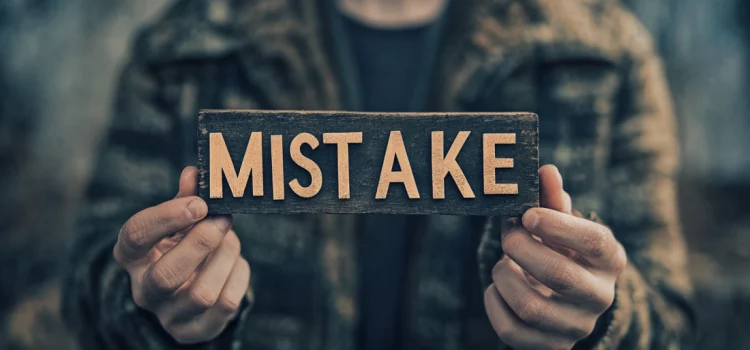Do you want to learn how to tap into your natural creative instincts? How can you live your life with sustained originality and imagination? The Creative Act, a book by music producer Rick Rubin, argues that every person is an artist, explaining that creativity isn’t about what you make, but a way of being in the world. The Creative Act isn’t just for artists or musicians—it’s a guide for anyone looking to live a rich and creative life. Continue reading for an overview of this inspiring book.
The Creative Act: Book Overview & Exercises (Rick Rubin)










